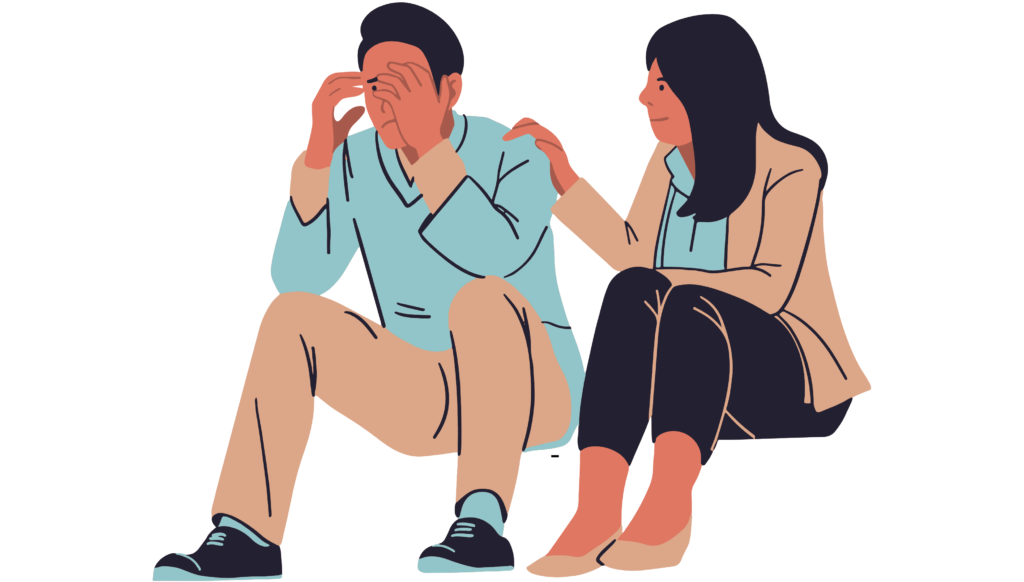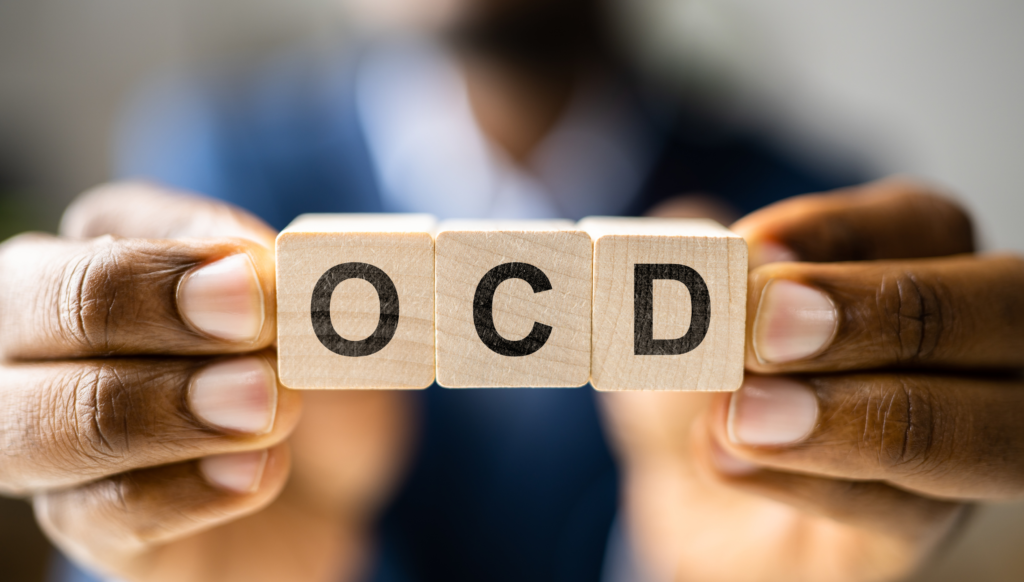Supporting a partner who is going through depression can be challenging. It’s natural to feel helpless, but there are ways you can provide meaningful support. Depression affects not only the person experiencing it but also their close relationships. With the right approach, you can help your partner while also protecting your own mental well-being. In this blog, we’ll discuss signs of depression, how to communicate effectively, ways to offer support, and why self-care is vital for both partners.
Understanding Depression
Depression isn’t just about feeling sad or down. It’s a mental health condition that can affect every aspect of life. It often includes persistent feelings of hopelessness, fatigue, difficulty concentrating, and changes in sleep or appetite. Recognizing these symptoms in your partner can help you understand their experience better.
Common Signs of Depression:
- Withdrawal from social activities or isolation.
- Lack of interest in things they once enjoyed.
- Changes in sleep patterns, either sleeping too much or too little.
- Irritability or sudden mood swings.
- Feelings of worthlessness or excessive guilt.
Understanding these signs will help you better assess how to approach the situation.
How to Communicate with Your Partner
Communication is key when supporting a partner with depression, but it needs to be done with care and sensitivity. Here’s how you can talk to your partner about their mental health:
Be Patient and Non-Judgmental
Depression can make people feel like they are a burden. Be patient and offer a listening ear without rushing them or judging their feelings.
Choose the Right Time
It’s important to pick a time when you can both talk calmly. Avoid discussing their depression during an argument or stressful moment.
Encourage Professional Help
While it’s great to offer emotional support, professional help such as therapy is crucial for treating depression. Encourage your partner to seek help from a therapist or doctor.

Ways to Support Your Partner
There are different ways to show support that can make a positive impact on your partner’s mental health journey.
Listen Without Trying to Fix
One of the most powerful things you can do is simply listen. Often, people with depression don’t need solutions right away; they just need someone to hear them.
Offer Practical Help
Depression can make even the simplest tasks feel overwhelming. Offering help with household chores, meal preparation, or scheduling appointments can relieve some of the stress your partner may be feeling.
Encourage Healthy Habits
While you can’t force your partner to do anything, you can gently encourage habits that help with depression. These include:
- Exercise: Regular physical activity boosts mood by releasing endorphins.
- Healthy Eating: Nutrition plays a key role in mental health, so eating well can help.
- Adequate Sleep: Establishing a sleep routine can benefit your partner’s mental health.
Be Mindful of Your Expectations
Depression recovery isn’t linear, and progress can be slow. Be mindful of setting expectations that are too high or pushing your partner to “snap out of it.”
Why Self-Care is Important
While it’s crucial to support your partner, it’s equally important to take care of your own well-being. Supporting someone with depression can be emotionally draining, so here’s how you can ensure you’re also looking after yourself:
Set Boundaries
It’s okay to set boundaries when you need time for yourself. Taking breaks and maintaining your own hobbies will keep you mentally healthy, allowing you to be a better partner.
Seek Support
You don’t have to do this alone. Reach out to friends, family, or even a support group to talk about your feelings. Sharing your experience with others can help reduce feelings of isolation.
Consider Therapy for Yourself
Sometimes, being in a relationship with someone suffering from depression can take a toll on your own mental health. Don’t hesitate to seek therapy to process your emotions and receive professional guidance on how to best support your partner.
How to Encourage Your Partner to Seek Help
Sometimes, it can be difficult for people with depression to accept help. Encouraging them to seek professional treatment is crucial for their recovery. Here’s how you can gently guide them in that direction:
Normalize Therapy
Many people resist therapy because of the stigma surrounding it. Normalize seeking help by reminding your partner that mental health is just as important as physical health.
Offer to Help with the Process
Your partner may feel overwhelmed by the process of finding a therapist or making an appointment. Offer to help them search for a professional or assist in setting up the appointment.
Go to Appointments Together
If your partner is comfortable, offer to attend therapy or doctor appointments with them for support. This can ease their anxiety and make them feel less alone.
Conclusion
Supporting a partner with depression can be difficult, but your love and care can make a significant difference in their recovery. The key is to maintain open communication, offer support without trying to fix things, and take care of your own mental health in the process. Depression is a long-term battle, but with the right tools and mindset, you can help your partner feel supported and loved.




